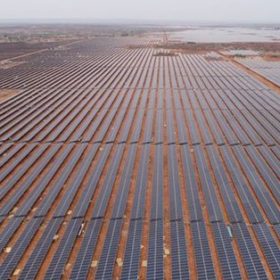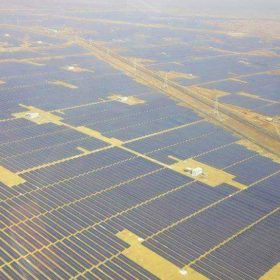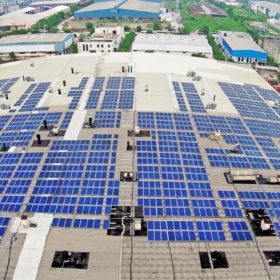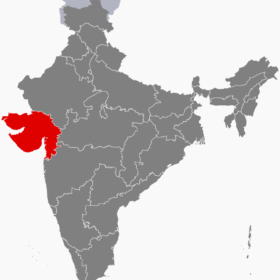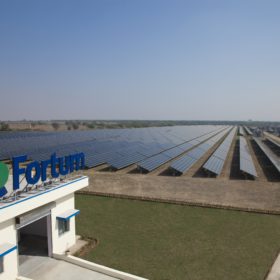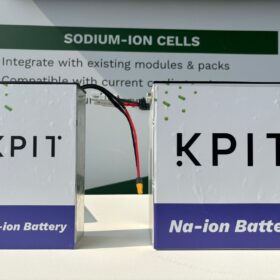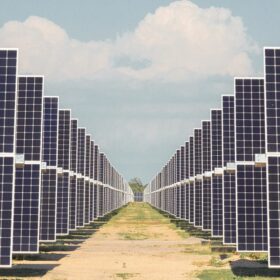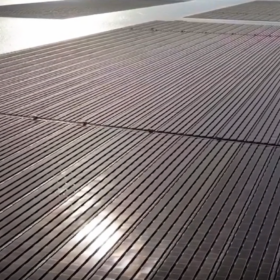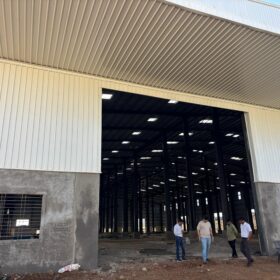Another 1.2 GW tender, with Madhya Pradesh as delivery point
Unlike the other, India-wide 1.2 GW tender, rolled out simultaneously, the delivery point for these projects should be chosen from designated inter-state transmission system substations in Madhya Pradesh.
Andhra Pradesh government to reduce payments negotiated under existing power deals
The state government will defy a ministerial order not to renegotiate signed deals after leadership of the legislative assembly changed hands in May’s elections. Consultancy Bridge to India says the contracts are legally binding but the move will shake investor confidence nevertheless.
SECI tenders further 1.2 GW of solar across India
The Solar Energy Corporation of India has invited bids to set up 1.2 GW of grid-connected solar under the fifth phase of its national interstate transmission system program. The projects – to be established on a build, own, operate basis – will be awarded through e-bidding and a reverse auction with a tariff ceiling of Rs2.65/kWh. Bidding closes on July 31.
EU and India step up cooperation on solar parks
The European Union and India’s Ministry of New and Renewable Energy have jointly launched standard operation procedures and monitoring tool for Indian solar parks. While the procedures will help to ensure consistency of standards across solar parks, the online monitoring tool will allow better tracking of the solar parks development and operation.
French developer Engie reaches 1.5 GW renewables capacity in India
The company recently bagged a total capacity of 480 MW in Gujarat, including 200 MW wind and 280 MWp solar. Its 338 MWp solar project at Kadapa Solar Park in Andhra Pradesh has also gone live.
SECI revamps manufacturing-linked mega solar tender
Global bids are now invited to set up 2 GW of solar manufacturing capacity linked to 6 GW of inter-state-connected solar power projects. The projects—to be developed on ‘build-own-operate’ basis—shall be awarded through tariff-based competitive bidding followed by e-reverse auction. Tariff ceiling is fixed at Rs 2.75/kWh for a period of 25 years. Bidding closes on July 26.
Uttar Pradesh to commission 1.5 GW of solar by next year
The state is hoping for 10.7 GW of renewable energy generation capacity by 2022 and rooftop solar is set to play a big role.
Gujarat tenders 950 MW projects across two solar parks
Gujarat Urja Vikas Nigam Ltd has invited bids to set up 750 MW grid-connected solar projects at 1 GW Dholera Solar Park, and 200 MW projects at 700 MW Raghanesda Solar Park. Tariff ceiling for the projects is set as Rs 2.75/kWh and Rs 2.65/kWh, respectively. Bidding closes on July 24.
India eyes 500 GW renewable capacity by 2030
The country has so far achieved around 80 GW of installed renewable energy capacity in chasing “175 GW by 2022” target. De-dieselisation of farms and railways ranks high on the Modi government’s priority list to push solar adoption.
Karnataka sets benchmark capital cost for solar
The reference capital cost for developing solar projects in Karnataka has risen this year despite continuing falls in component prices.


